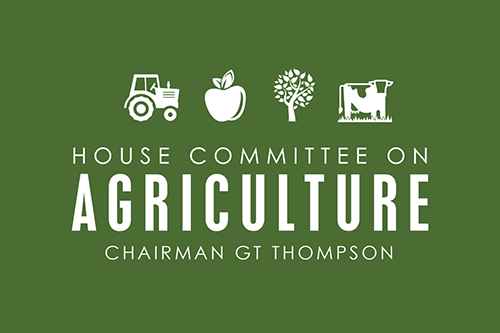As the U.S. House of Representatives narrowly approved changes to the tax code last week and the Senate considers the measure, the cooperative community is monitoring how the tax overhaul could affect member-owners of the nation’s 40,000 cooperative businesses. The legislation includes cuts to corporate taxes and changes the way other income and expenses are treated.
NCBA CLUSA has urged Congress to uphold tax policy that treats cooperatives fairly and does not put them at a disadvantage relative to other business structures.
“Cooperatives are one of the most effective strategies to increase the incomes of working American families,” NCBA CLUSA President and CEO Judy Ziewacz said in a recent statement. “The co-op model returns the profits created by the business directly to the households that use the business. This keeps wealth in local communities instead of handing it over to Wall Street or venture capitalists.”
One particular provision under scrutiny raises deep concerns for members of many farmer cooperatives. More than 180 agricultural organizations, co-ops and other agribusinesses—joined by NCBA CLUSA—are urging lawmakers to reconsider the repeal of the Domestic Production Activities Deduction.
Also known as Section 199, this deduction is a 9 percent tax deduction for most manufacturers, including more than 2,500 agricultural co-ops represented by the National Council of Farmers Cooperatives (NCFC). The deduction applies to products that are manufactured, produced or grown.
Because the agricultural co-ops pass 95% of Section 199 benefits directly to their farmer-members—injecting an estimated $2 billion annually to their communities nationwide—the cut poses a real threat to rural economic growth and stability.
“Ending the Section 199 deduction for agriculture would result in many individual farmers paying more in taxes,” the letter, addressed to House Speaker Paul Ryan and Minority Leader Nancy Pelosi, states. “In many cases, farmers will see a double-digit increase in their tax bill under the proposed plan.”
Since the letter went out November 13, the House late last week narrowly approved its $1.4 trillion tax overhaul. Efforts in the Senate are still in committee. The two bills would have to be reconciled before being signed into law.
The letter explains that the Tax Cuts and Jobs Act (H.R. 1) repeals Section 199 with the assumption that co-ops and their members would benefit from a lower corporate tax rate. But because farmer-owned co-ops are not taxed like traditional corporations, that’s not the case.
The proposed elimination of Section 199 is particularly troubling as the agricultural industry faces its fourth consecutive year of stagnant prices.
“Our farmers, ranchers, cooperatives and agribusinesses are crunching the numbers, trying to figure out how to pay the bills and keep afloat another year,” the letter states. “They should not also have to worry about a higher tax burden.”
In fact, eliminating the deduction runs counter to Congress’ fundamental goal of putting more money in people’s pockets to spur economic growth, Chuck Conner, president and CEO of NCFC, told Politico.
In her October 31 statement, Ziewacz said the Section 199 deduction is also critical for small businesses to thrive in an increasingly competitive market.
“Now is not the time to raise taxes on the people and businesses that are the lifeblood of their local economies,” she said.


